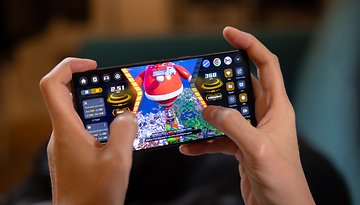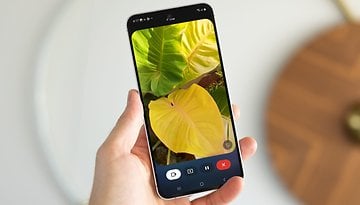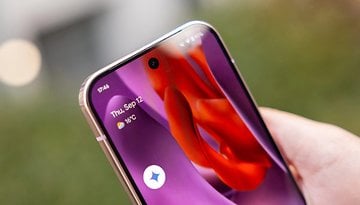Opinion: Fast charging is a must on smartphones. There is no debate!
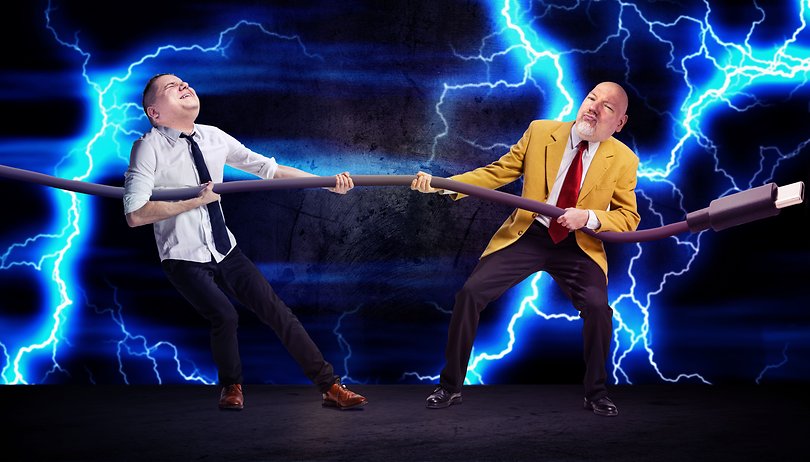

Hello everybody! This week is a bit special. First, I apologize for the 2000s YouTuber intro. However, we are testing a new debate format on NextPit this week, so what better way to kick off this first edition than by discussing fast charging for smartphones?
Fast charging, fast charging. Even the name of this feature has not been agreed upon by everybody. Beyond that, it is the actual usefulness of fast charging and what it brings to the user experience that we'll be debating this week.
I will be duking it out with my German colleague Casi, where I stand on the side of fast charging. My esteemed colleague will take it upon himself to douse my enthusiasm on the matter and question the value of being able to recharge your smartphone from 0 to 100% in 10 minutes.
Instead of juxtaposing our opinions which are not always divergent, mind you, in the manner of an uncivilized bar debate, we will try something different. Casi and I will each defend our point of view in two separate articles, rebutting one another at the same time. I'm for fast charging. Casi is "against" it. This is the million-dollar question that will hopefully get answered here.
Our two articles will follow the same structure. This one will involve the four points of "tension". In short, four themes on which we have agreed to develop our opinion. Instead of interrupting and contradicting each other, we will each share our thoughts on the matter until we arrive at the conclusion. It is up to you to go from one article to the next to read in detail what Casi and I have to say about a specific matter.
To do this, you can either read both articles in a split-screen format or use the links liberally inserted in each article. They refer to a specific passage in one article that responds to the argument developed in the other. Don't panic, it might sound complicated at first, but it is actually very simple as you will find out later.
How fast does fast charging have to be?
Fast charging is in my top 4 criteria for buying a smartphone. A charging speed that is too slow, like Samsung's 25 W or Apple and Google's 20 W is considered a deal-breaker in my eyes, so they are not worth picking up.
Personally, I consider anywhere between 60 W and 100 W to be "sufficient" power for fast charging. I don't need the 240 W in the Realme GT 3, but I will need at least 60 watts.
My colleague Casi is far less demanding, and that's normal. We don't all have the same usage pattern when it comes to our smartphones. I have a rather high number of on-screen time and I live a rather irregular rhythm. Most importantly, I don't charge my smartphone at the same time every day of the week.
What's interesting to me is how Casi does not want to allocate more than 30 minutes on average to charge his smartphone, either. The only difference is that I want a full charge in 30 minutes, while Casi is satisfied with less. He just needs enough to last while he goes about with his business, not more, not less.
So we're back to the status quo that not everyone has the same usage pattern nor the same needs.
We don't really need fast charging, but why not?
I don't go to bed at 9:30 pm every night, right after a hot cup of herbal tea and brushing my teeth. I don't have a bedside table with a little space dedicated to my smartphone at night, either.
No, I often go to bed very late - way too late. I throw everything on my bed, my laptop, my smartphone, my electric cigarette, my headphones. I know it's wrong to do so and is especially frowned upon. Above all, I wait until my battery is almost flat (less than 20%) to before recharging my device.
So I need to be able to charge my smartphone quickly at any time I want to. When I wake up in the morning and drag myself out of bed to go to work, I cannot afford the luxury of time to wait for an hour and 30 minutes for my phone to charge at 25 W. 'This is no time to fool around', as the saying goes (if you're stuck in 2013).
- Follow our guide to know everything about fast charging technologies from Samsung, Oppo, Xiaomi, etc
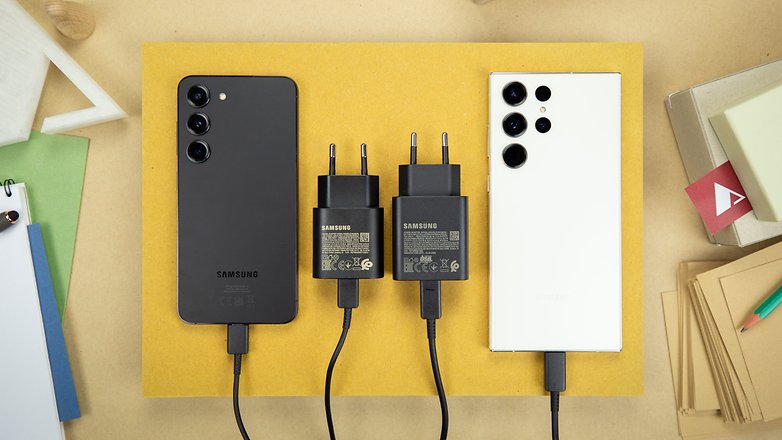
The same applies in the evening when I get home and have to go out at 10pm to perform a camera test. I'm not going to go out alone at night without a podcast or playlist to keep myself company. Fortunately, I don't have any friends or a social life, so I've never needed to charge my smartphone in a hurry before heading out to a club.
As my colleague Casi explained very well, there are plenty of occasions to charge your smartphone "slowly" during the day. When telecommuting from home or even from the office, our smartphone usage is mostly sedentary.
However, why deprive yourself of the opportunity to charge your smartphone anytime you want when you need it? It is better to have fast charging and not need it (all the time) rather than the other way around. It's like data protection when you have "nothing to complain about". Yes, but why deprive myself of a feature because it's not vital or crucial 100% of the time?
I want a faster universal charging protocol
One of the primary arguments against fast charging is that it often depends on proprietary protocols and technologies. To enjoy Oppo's 80W SuperVOOC charging, you need a compatible Oppo charger (and cable).
Even with a universal protocol like USB PD 3.0, you don't get the charging times promised by the manufacturers if you use third-party chargers, even though they are compatible. My colleague Casi dived deeper into this issue and I share his opinion on this matter.
- We experimented on a Samsung Galaxy S23 with an official charger and a third-party charger
Theoretically, even if you owned a 120W USB Power Delivery charger and your smartphone was compatible with 120 W fast charging, there is still the hurdle of PPS technology.
PPS technology allows manufacturers to modulate the amount of power that is sent to the smartphone. Thought to reduce the risk of overheating, this technology also slows down the charging process at certain phases. In the same way, Power Delivery also limits the maximum power levels, even with a compatible charger, unless using the specific brand's charger.
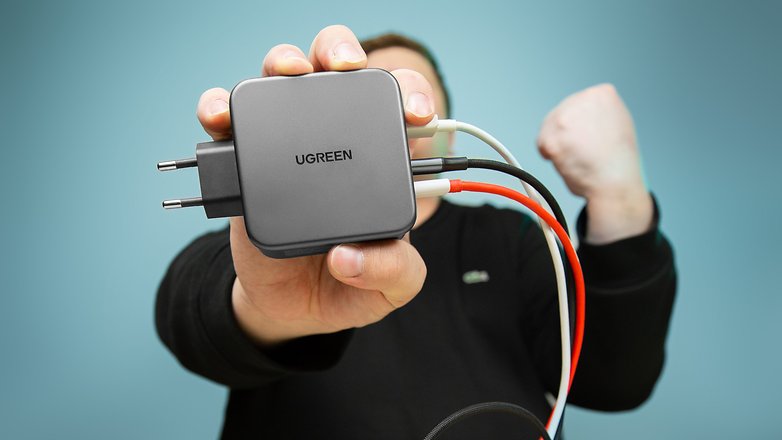
In short, I agree that proprietary technologies, while they have every right to exist, are not a solution in themselves. In an ideal world, I'd like to see all devices accept 100 W fast charging and all be cross-compatible with some type of universal charger.
This standardization is in the making at the European level, which we'll talk about it below. Just bear in mind that I would like to see our available options be less extreme. I don't want to have to choose between 120 W of a proprietary technology and 20 W of a "universal" standard. I want a happy balance in the middle.
This is especially so since USB PD can, theoretically, offer power up to 240 W. Compatible hardware is still emerging, but it is under development. Universal charging technology doesn't have to be slow.
Stop bugging me about dangers to the battery
Yes, fast charging can pose health risks to your battery. In fact, there is just one primary risk: overheating. Extreme temperatures are the absolute enemy of our smartphone lithium-ion batteries.
Frankly, in 2023, that's more an urban legend than anything else. More and more smartphones are equipped with temperature sensors and software safeguards to prevent overheating when charging.
- The truth about the dangers of fast charging for your smartphone battery
Most fast chargers themselves incorporate dedicated temperature monitoring sensors and chips. Features like smart charging, which slows down at night or when you're not using the smartphone, are becoming more common.
On some smartphones, like the recent Samsung or Xiaomi, you can even disable fast charging. Currently, you can't really "overcharge" your smartphone or risk overheating with fast charging.
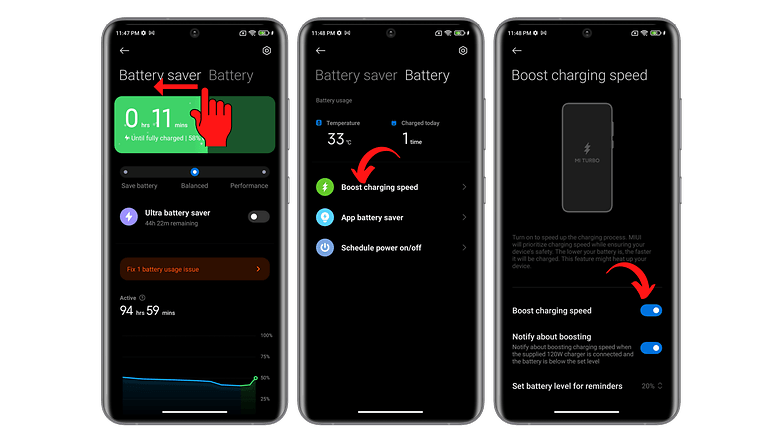
There is no such thing as zero risk, but we have to stop such fearmongering, as my colleague actually shared this opinion. In fact, it reminded me of the time when my father tried to scare me from smoking. "Every puff is 15 minutes off your life, even if you inhale secondhand smoke!". I was so anxious about dying faster that every morning when I walked past the high school bus shelter, I would hold my breath the entire time so I wouldn't be a passive smoker.
It's kind of the same principle here. No matter what you do, your smartphone battery is going to be drained. When you play a mobile game for more than an hour, it's going to drain the battery. When you watch a movie or a YouTube video, it's going to drain your battery. When you're shooting a 4K video, you know the rest.
Fast charging is just one of many features that wear out your battery. Why is it so frowned upon when gaming, for example, is not? It's simply not logical.
Fast charging could be more sustainable in the future
There was talk of having a more powerful universal standard for fast charging. Personally, I think it could also open doors for us consumers.
If a universal standard of 100 W was to emerge from the mass of proprietary technologies, we could more easily and more consciously choose a charger that meets all our needs.
And we could even make the choice to opt for more sustainable alternatives. In France, manufacturers like green_e sell eco-designed USB-C chargers made from recycled and recyclable materials, at least partially.
Their most powerful charger is rated 66 W. If smartphone manufacturers would play nice by standardizing charging protocols without sacrificing too much power, these kinds of eco-conscious options would be more accessible and visible.
The European Union is working to roll out some standardization as well. However, as Casi explained, the "universal charger for electronic devices" directive, which calls for a universal USB-C charger for all devices of 10 0W or less and the same charging speed for all such devices, won't come into effect in the EU until 2024.
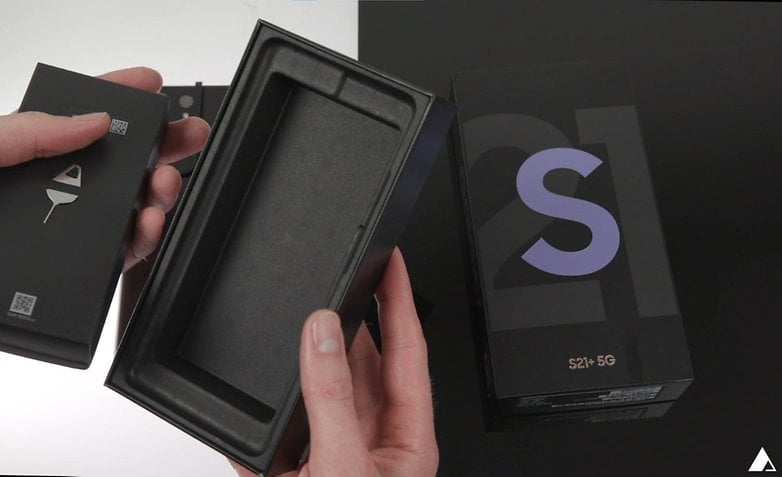
Conclusion
In short, I agree that the argument for lack of durability remains valid. I also don't think that such a measure, like the one in the EU, will be an obstacle to innovation.
To me, it is more of an obstacle to the "lock-in" mechanism of manufacturers. I don't want to lock myself into an ecosystem just to have some fast charging power. However, I also don't want to sacrifice my fast charging for a drastically slower universal standard.
Why does the alternative to a faulty system have to diminish the quality of my user experience? It's like organic vegetables that are uglier than their industrial counterparts. Why can't I have my cake and eat it too, or at least pocket the change. Come on, send over a few coins, if you will!






